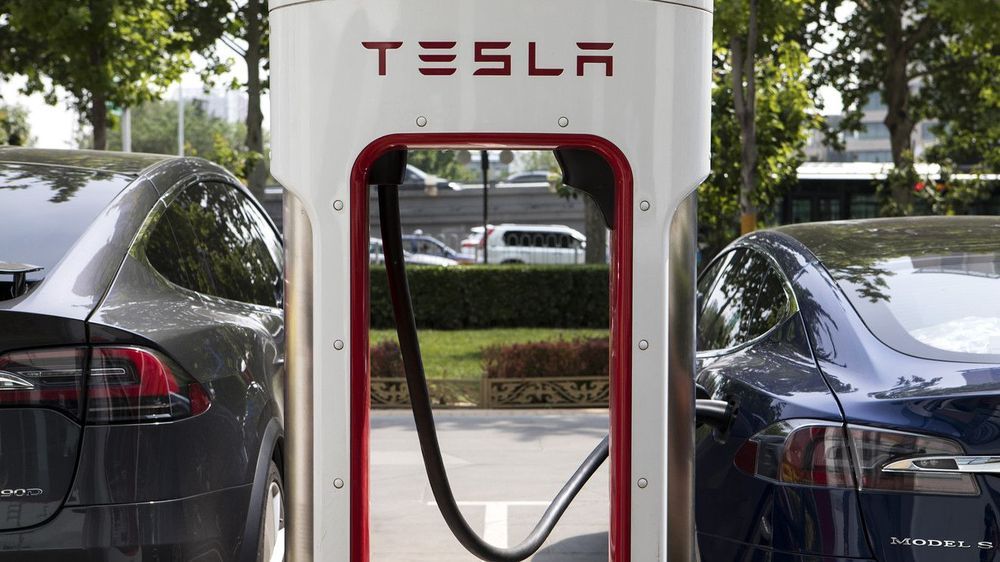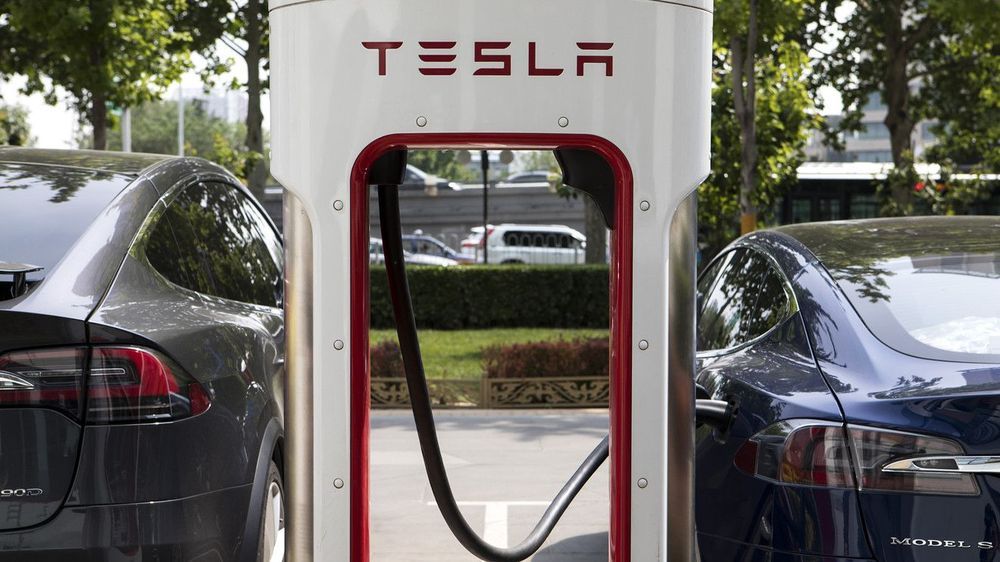

Economists have long understood that there’s no such thing as a free lunch, but perhaps it’s time for electric-car enthusiasts to learn that lesson as well.
While tree-huggers and leftists alike tout Teslas and other such vehicles as a panacea for the ills of fossil fuels, they ignore the devastating environmental wreckage the manufacture and use of these vehicles leave in their wake — even when it comes to something as simple as their tires.
Brad Templeton, a senior contributor at Forbes, recounted his own eye-opening experience with his electric car’s habit of chewing through expensive treads at breakneck speed.
After boasting about the many ways electric vehicles are superior to traditional internal combustion-powered vehicles, Templeton noted that the need for new tires at short intervals was an undeniable drawback.
“The doozy was needing new tires at around 28,000 miles,” Temple wrote in his article “Electric Vehicle Maintenance Is Super-Cheap, But The Dark Secret Is Tires” published last month.
“That was too early, far before their rated life.”
Though the author concedes that it was partly his fault for not rotating the tires as recommended, he did confirm that his electric vehicle’s additional heft coupled with the need for fancy low-noise, high-efficiency tires meant an expensive resource-gobbling purchase would always be just around the bend.
Templeton frames this as just one hiccup in an otherwise magical world of guilt-free driving that comes with owning an electric vehicle.
It’s similar to the way politicians like transportation secretary Pete Buttigieg suggested ordinary Americans purchase electric vehicles to avoid gas prices, while ignoring the $56,000 price tag that now seems to be just the opening of a money pit.
However, it’s becoming abundantly clear that the tradeoff of electric vehicles — lower environmental impact in exchange for a higher price tag — is even proving to be a bad deal in light of this revelation about the tires.
Frequently replacing the treads will have a significant environmental impact, both from the fossil fuels pulled from the ground to make them and because the wear and tear adds more harmful microplastics into the environment.
According to a 2019 article in National Geographic, modern tires are made in part from petroleum-based plastics that require between 7 gallons of oil to make a car tire and up to 22 gallons for truck tires.
Moreover, emerging research suggests that the tiny particles of these plastics shed from tires and the other myriad of household and industrial products could be the next environmental crisis in the making as they find their way into water supplies and wildlife.
John Weinstein, professor of physiology at The Citadel in Charleston, South Carolina, studied shrimp exposed to microplastics and found that these pieces got caught up in their guts and in their gills, with devastating results.
“It doesn’t die immediately,” Weinstein noted. “There are these chronic long-term effects that really haven’t been studied,” he said, suggesting both a threat to the food supply and perhaps a similar harmful buildup in humans.
This is just another dark secret in a list of many that have come to light when it comes to electric vehicles.
It’s now apparent that the pollution from mining for and disposing of the lithium batteries the vehicles require is another looming environmental problem greater than the one it was supposed to solve.
“Somehow, one of these is frowned upon (tar sands), but the other three- cobalt, nickel and lithium mines (necessary for EV batteries) are ‘green’?” Patrick De Haan, a petroleum analysis expert and author, wrote of the devil’s bargain environmentalists have made with the land-scarring process required for making batteries for electric vehicles.
Somehow, one of these is frowned upon (tar sands), but the other three- cobalt, nickel and lithium mines (necessary for EV batteries) are “green”? 🤔 pic.twitter.com/iahDDqZRls
— Patrick De Haan ⛽️📊 (@GasBuddyGuy) November 11, 2021
Attempting to make the world a cleaner place by employing other innovative technologies to replace existing ones is a hallmark of modernity and often proves fruitful.
However, this technology has its own drawbacks that need to be studied and considered before consumers and governments go all-in on electric vehicles.
To ignore the problems created by electric cars while insisting they’re the superior option for the environment is to deny the reality that there really is no such thing as a free lunch — and the environmental cost is quickly adding up.
Story cited here.
Scroll down to leave a comment:




